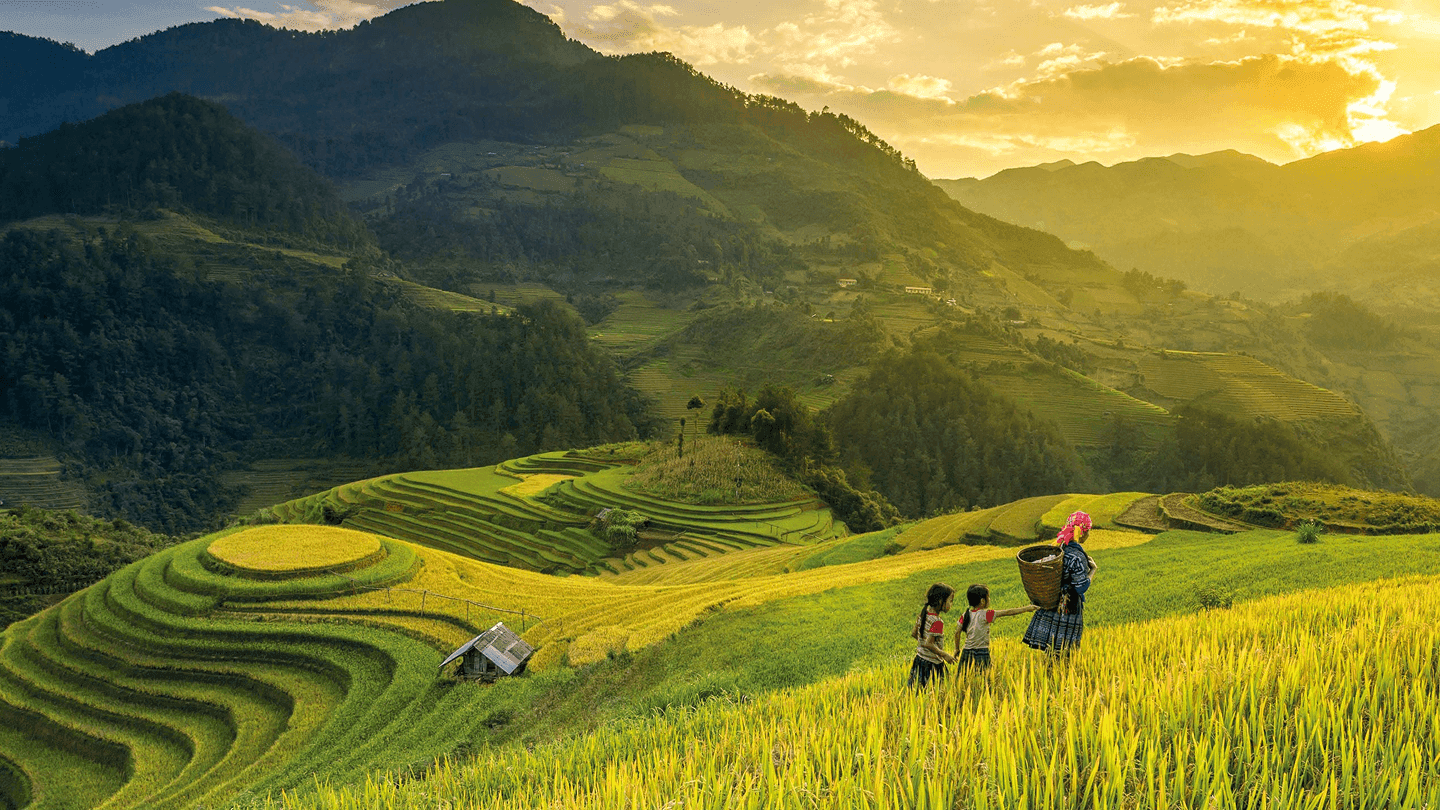Travel tips in Cambodia
Before visiting Cambodia, it's essential to familiarize yourself with the local customs, transportation methods, and weather conditions to ensure a seamless and enjoyable experience. Here are some helpful tips you should keep in mind.
CURRENCY
Cambodia’s official currency is the Riel (KHR), but US Dollars (USD) are widely used, especially in major cities, where ATMs mostly dispense USD. If you need to exchange money, travelers’ checks can be converted at banks without issues.
DO’S AND DON’TS
-
Handshakes are not common, and kissing is even less so. To greet someone, press your palms together in front of your chest if they are of equal status. To greet an elder, raise your hands to your face. If greeting a deity, raise your hands above your head.
-
Politeness is key in Cambodia. People regard each other as part of a large family, and when meeting new people, it’s common to ask their age to know whether to call them "sister," "brother," or "uncle," etc. It’s also customary to address people with titles such as "Mr." or "Madame," rather than using personal names.
-
It is acceptable to give money to beggars, especially elderly and disabled war veterans who have no other means of support.
-
When visiting temples, walk around the Buddha statue counterclockwise (to the left). Avoid sitting with your back facing the Buddha or pointing your feet at it, as this is considered disrespectful. Women should never touch a monk, as this would cause him to lose his spiritual merit.
FESTIVALS IN CAMBODIA
Cambodia has a rich cultural tradition with numerous festivals tied to Buddhism and Hinduism. Here are some of the most important ones:
-
Bonn Chaul Chhnam (14-16 April): Celebrates the Cambodian New Year, with people cleaning and decorating their homes, visiting temples to make offerings, and throwing water at each other to wish "Happy New Year!"
-
Bonn Chrat Preah Nongkol - Royal Ploughing Ceremony (Late May, one day): A ritual marking the beginning of the ploughing season, where sacred cows are fed from silver trays containing various foods, and predictions for the year are made based on their choices.
-
Bonn Dak Ben and Bonn Pchum Ben - Spirit Offering Festival (September-October, 15 days): A significant event in Cambodia where families offer food to monks to bless the souls of deceased ancestors.
-
Bonn Kathen - End of Buddhist Lent: Marks the end of the three-month Buddhist Lent.
-
Bonn Om Touk - Water Festival (Mid-November, three days): Celebrates the unique reversal of the Tonle Sap River’s flow, featuring boat races, fairs, fireworks, and festivities.
-
Angkor Festival (November or December): Held at Angkor Wat, this festival showcases firework displays, art shows, and traditional performances depicting the history of the Angkor Kingdom.
RELIGION
Cambodia adopted Indian religions in the first century, with Hinduism dominating initially. However, since the 14th century, Theravada Buddhism has been the dominant religion (96% of the population). A small percentage of the population practices Islam (2%) and Christianity (1%).
ANGKOR TRAVEL TIPS
-
Many of the temples in Angkor were initially Hindu, but over time, some have been converted to Buddhist temples. Most of Angkor's major temples now house Buddha statues, and visitors may be approached for donations, though it is not mandatory.
-
When visiting temples, it’s respectful to dress in long pants or skirts and cover your shoulders.
-
Motorcycle and tuk-tuk drivers are required to wear numbered vests for easy identification, which helps prevent scams. It’s advisable for women to avoid traveling alone, especially at night or to more secluded temples.
-
Be cautious of off-duty police officers who may offer to show you around the temples. Agree on a price before accepting their guidance, as some have been known to charge excessive fees afterward.
-
Be wary of anyone offering incense for a donation. While they might try to bless you, the money does not go to the temple or the monks, so it's best to politely decline.
-
There are many vendors around the temples selling souvenirs, books, and other items. It can be difficult to ignore them, but sometimes it's necessary to enjoy the temples without constant interruptions.
-
Bring sunscreen and stay hydrated, as touring the temples can be physically demanding, especially when climbing steep stairs.
-
While malaria is not common in the temple area, it's still recommended to seek medical advice before traveling.
-
Avoid feeding or approaching monkeys, as they can be aggressive and may bite.




 English
English French
French Italian
Italian

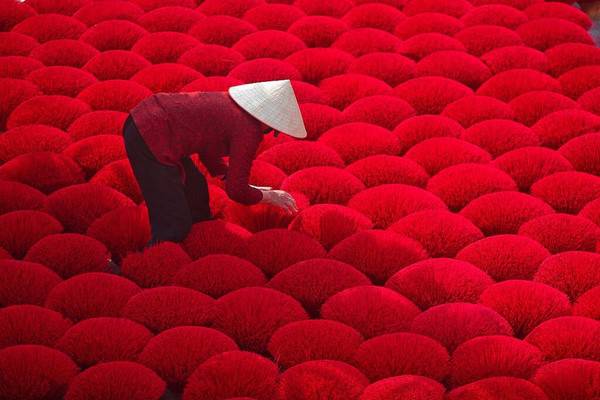
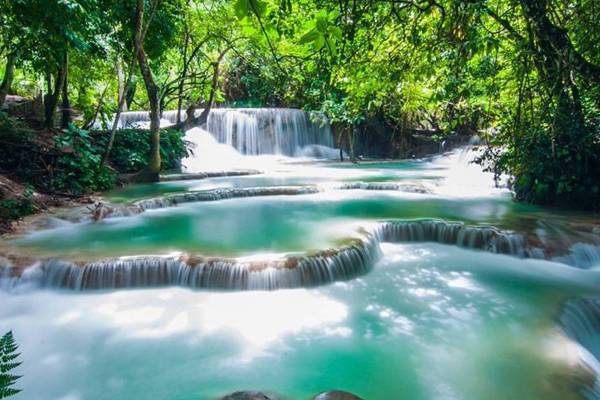
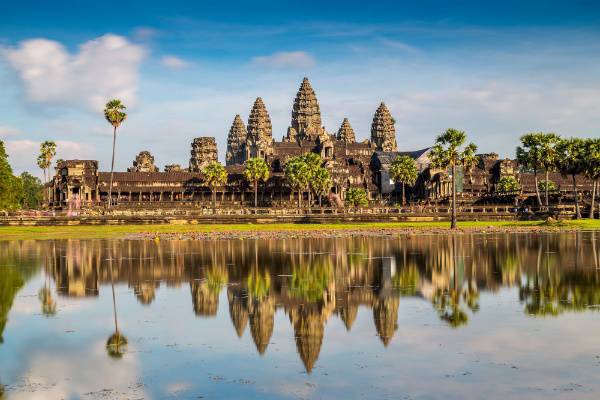
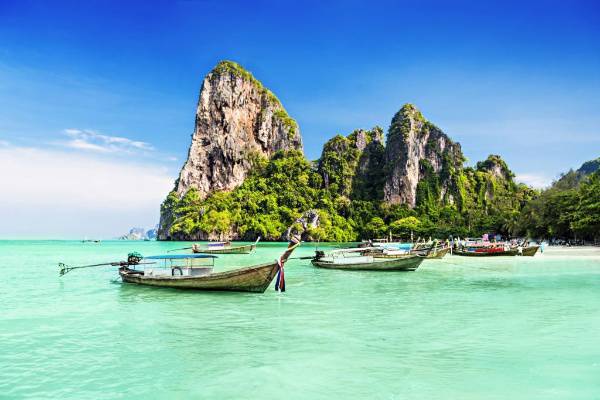
 FR
FR 